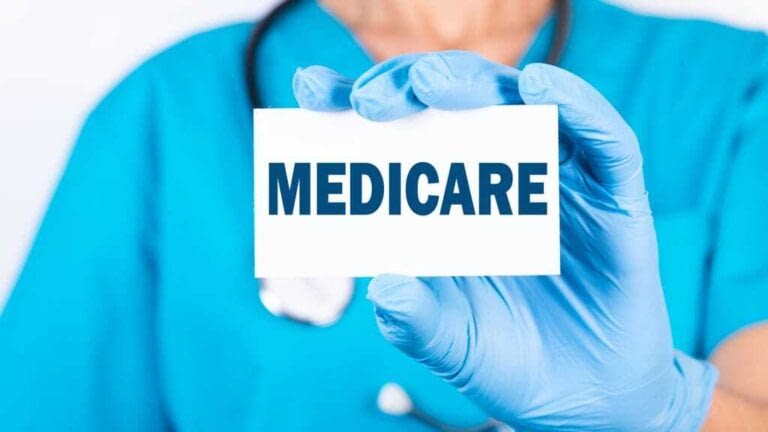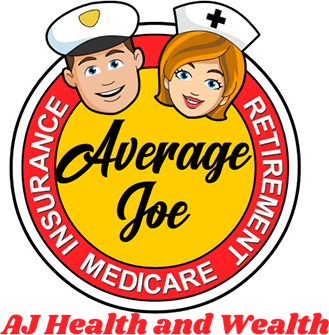Replacing or Updating Your Medicare Beneficiary Card
Posted: June 6, 2021

Your Medicare card is a sensitive, personal record that should be kept in a safe place at all times. But life happens, and sometimes Medicare cards get lost, stolen, or damaged. Life circumstances can also change, such as your name or address, and a Medicare card may need to be updated. How do you go about replacing or updating your Medicare beneficiary card? Continuing reading...
8 Tips to Finding a Good Doctor
Posted: May 25, 2021

We all want to ensure we have the best primary care physician available, but how do you find a good doctor? You may have to choose a physician in your health insurance network. All health insurance providers list the providers in their network – this is your starting point. Your primary care doctor is the gateway to specialists, testing, yearly physical exams, and treatments. Building...
Can a Life Insurance Beneficiary Decline?
Posted: May 22, 2021

The beneficiary of a life insurance policy may not even be aware that they were named in a policy. The owner of the policy has the right to choose whoever they want as the beneficiary, but what happens if the beneficiary does not want the insurance payout? Does he or she have the right to decline? What is a Beneficiary? A beneficiary is a person...
8 Tips to Staying Healthy When Your Family is Sick
Posted: May 10, 2021

When your family has come down with a “bug,” you want to avoid catching it. At least one person in the household needs to be healthy so they can care for others! You can reduce the risk of coming down with the flu or another virus. Follow these home healthcare rules if a family member is ill: Wash Your Hands Frequently. Washing your hands may...
Why Your Minor Might Benefit from a Life Insurance Policy
Posted: May 7, 2021

Most people do not consider buying life insurance until they are married or have children. If you are single and do not have any children, buying life insurance may not top your list of priorities. A minor of any age can own a life insurance policy indirectly as a gift or can be transferred by an adult. What is the Best Age to Buy Life...
